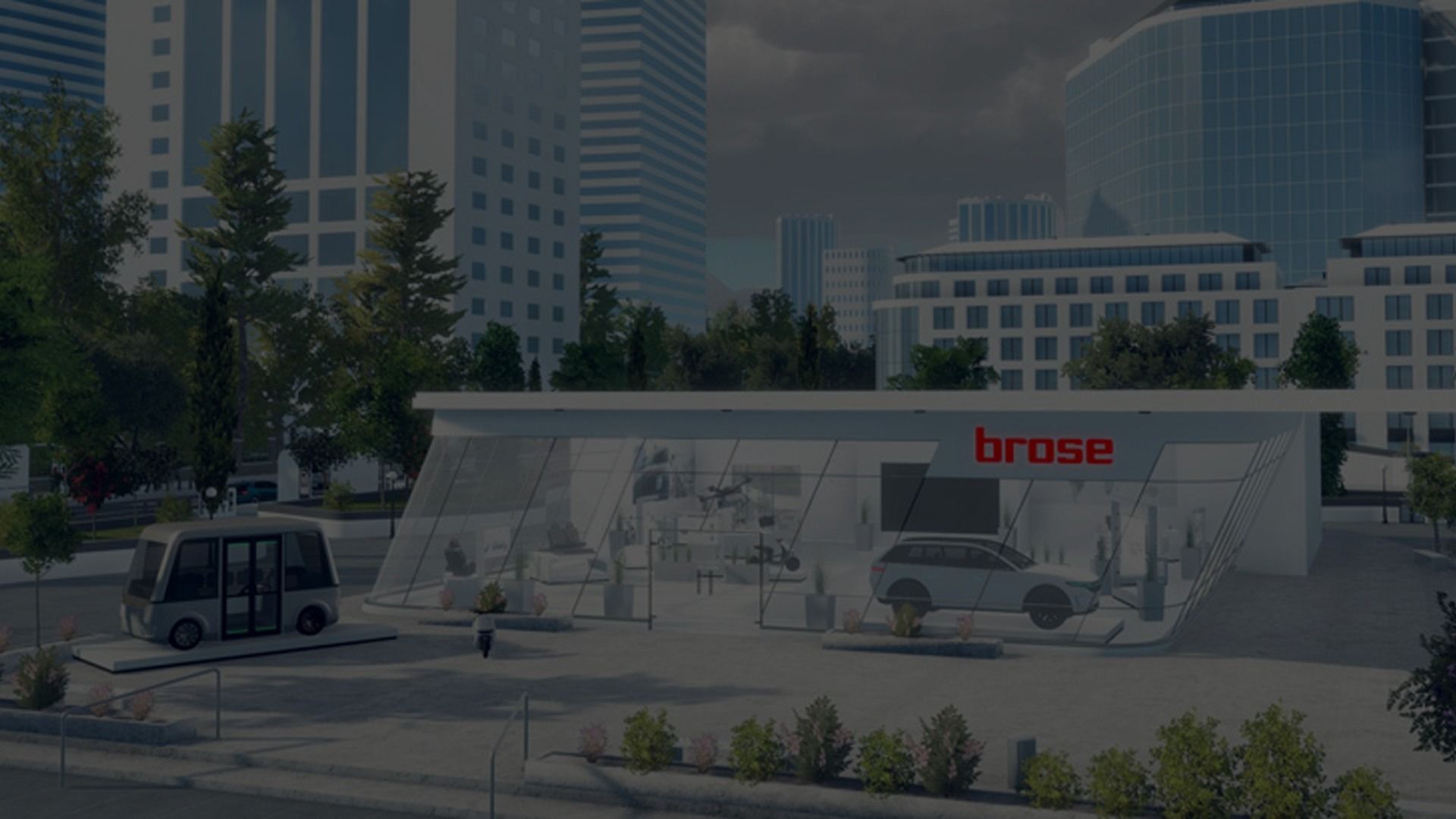
Brose is the world’s fourth largest family-owned automotive supplier and is committed to innovation. Recipient of a prestigious German Ideas Management Award, their comprehensive and accessible digital product asset catalog is used for streamlined marketing content creation and enhanced sales enablement.
To build a 3D digital product catalog, accessible across the organization
Unity Pro
Pixyz Studio
5 (Brose) + 12 (Visoric)
Germany

Developed in partnership with Visoric, a Munich-based company specialized in 3D real-time solutions, the asset library is the source for several applications, including a virtual showroom, immersive mixed reality experiences, sales materials, and more.

With a growing and varied catalog of over 260 products and components, the Brose digital exhibit team faced the ongoing challenge of producing detailed and accurate visual assets to showcase their products.
The costly process of producing images involved contacting a third party with a detailed request specifying the angle, environment, lighting, model, and other factors for each asset. After several rounds of adjustment, the team would get the images they needed, often costing several thousands of euros each.
The objective was to revolutionize marketing content production at Brose by using real-time 3D. Brose envisioned a solution that enabled easy management of 3D data, including image/video rendering for sales and marketing purposes, without the need for specialized developer skills. To achieve this vision, Brose partnered with Visoric.
Together they established their mission: “The introduction of a holistic 3D asset management system with multiple/expandable output possibilities such as still and film rendering or the download of real-time 3D assets for use internally and externally.”
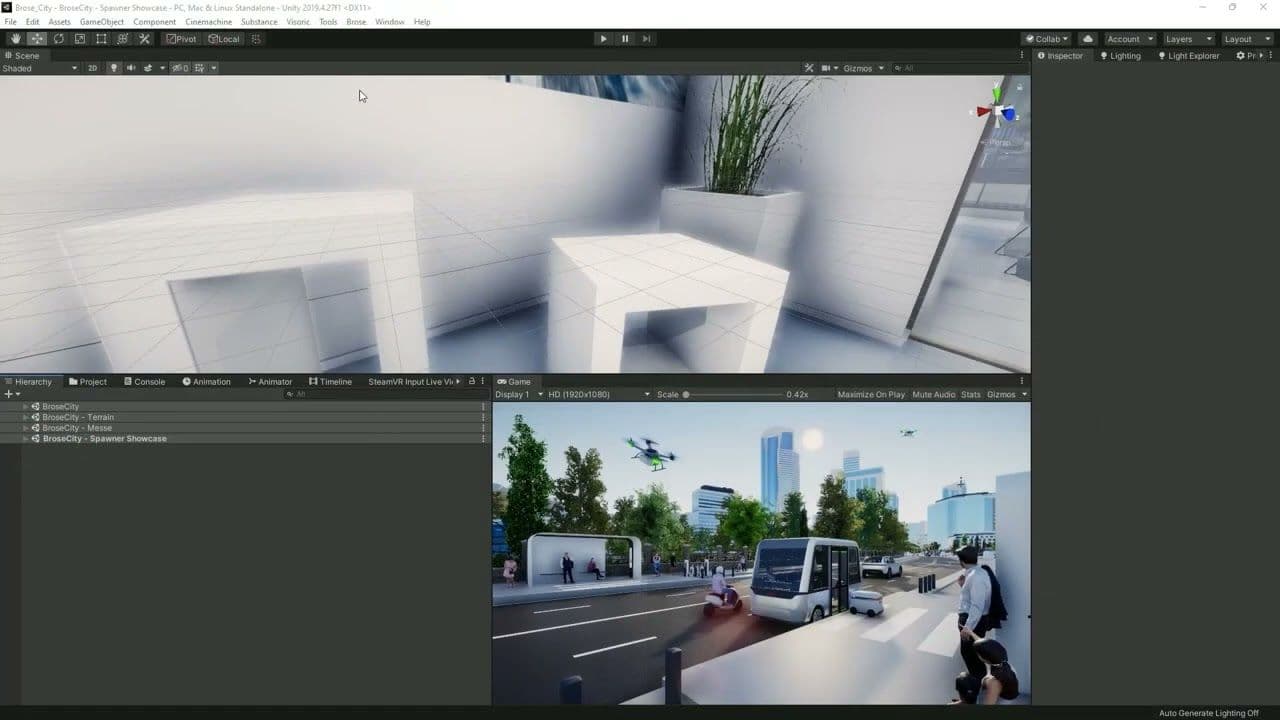
The Visoric team quickly identified Unity as their technology of choice, their top reasons being:
The CAD product data originated in CATIA, and was exported in STEP format. The STEP files were imported into Unity using a combination of Pixyz Studio, Blender and in-house solutions. Visoric also worked with Brose to build a materials library.
In just 2 years the digital asset library was populated with real-time 3D, configurable digital assets for over 260 product models.
Technology: Consistent file-naming structures and clear processes were essential for managing product information accurately. The team established a methodology for importing and working with 3D data while maintaining version control.
Change management: Several areas of the business were significantly affected by the implementation of the new workflow. The key to success was transparency. For example, the team engaged key stakeholders by:
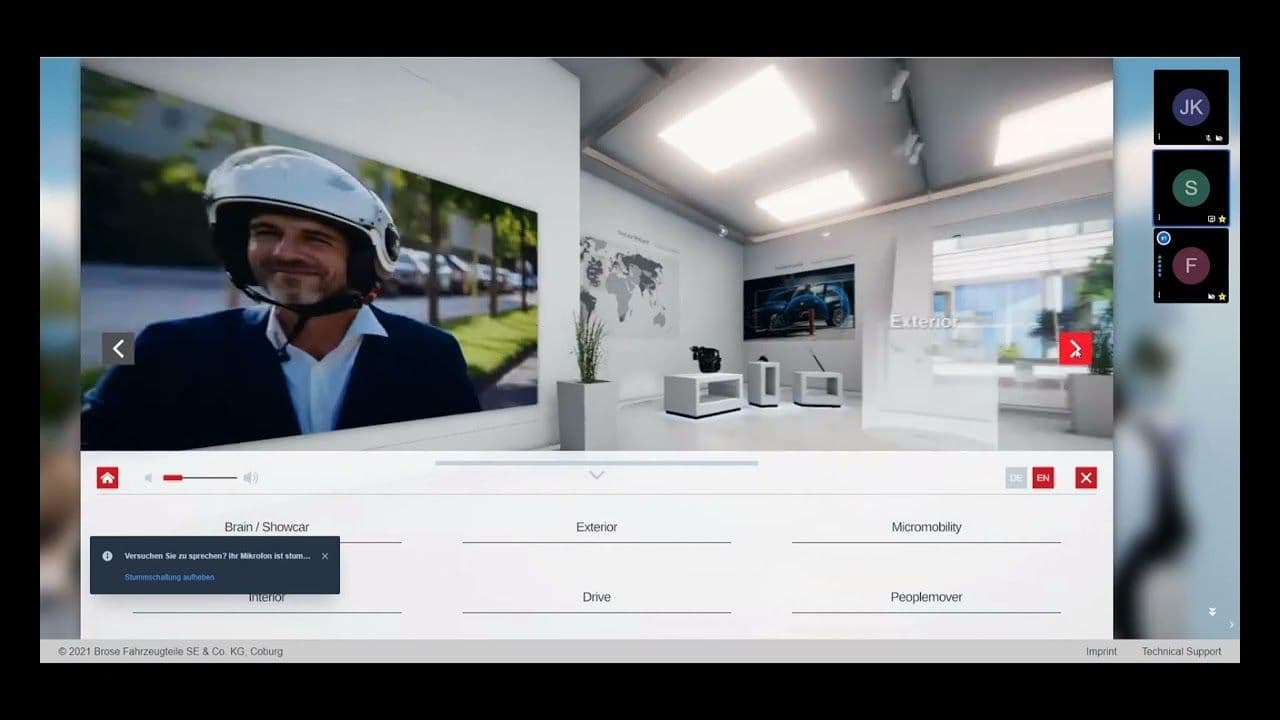
The Brose digital exhibit team knew that the models in the asset library could be used for other purposes, and that’s where the Brose virtual showroom comes in.
This real-time 3D environment showcases the Brose product catalog. Visitors are invited to a guided tour in groups of up to 30. Once inside, they can explore products, including detailed asset specifications. They can also see products in use as part of a larger installation. For example, a virtual car highlights and demonstrates its various mechatronic components.
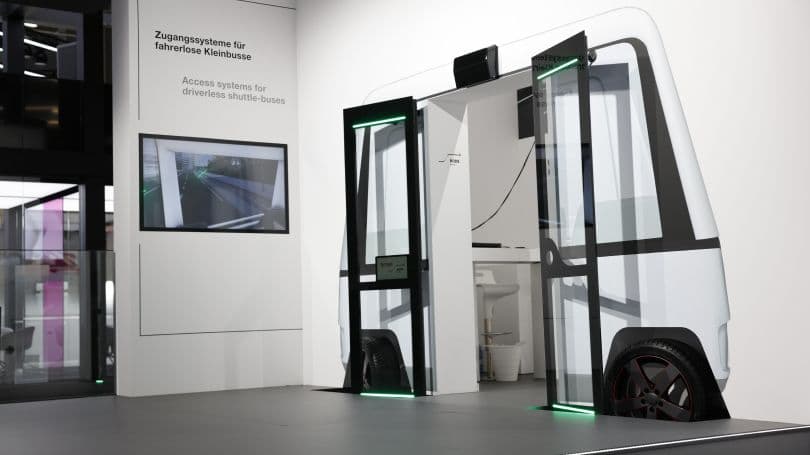
Another innovation made possible by the digital asset library, the Brose people mover virtual reality (VR) experience gives visitors a memorable experience of Brose products.
Combining a real-world space with a virtual reality experience, visitors get a clear understanding of how components such as a standing seat and a door opening mechanism would function when installed. While in the real world these features would be obscured, virtual reality offers a “transparent” view that enables the experiencer to observe the components in action.
The Brose digital exhibit team continues to expand the asset library, and they plan to streamline the data ingestion process to improve access for the in-house team.
The team is investigating additional uses for the real-time 3D product models, including incorporating them into predevelopment and prototyping processes. The level of detail available in the models enables the modeling of component behavior, which could speed up prototyping.
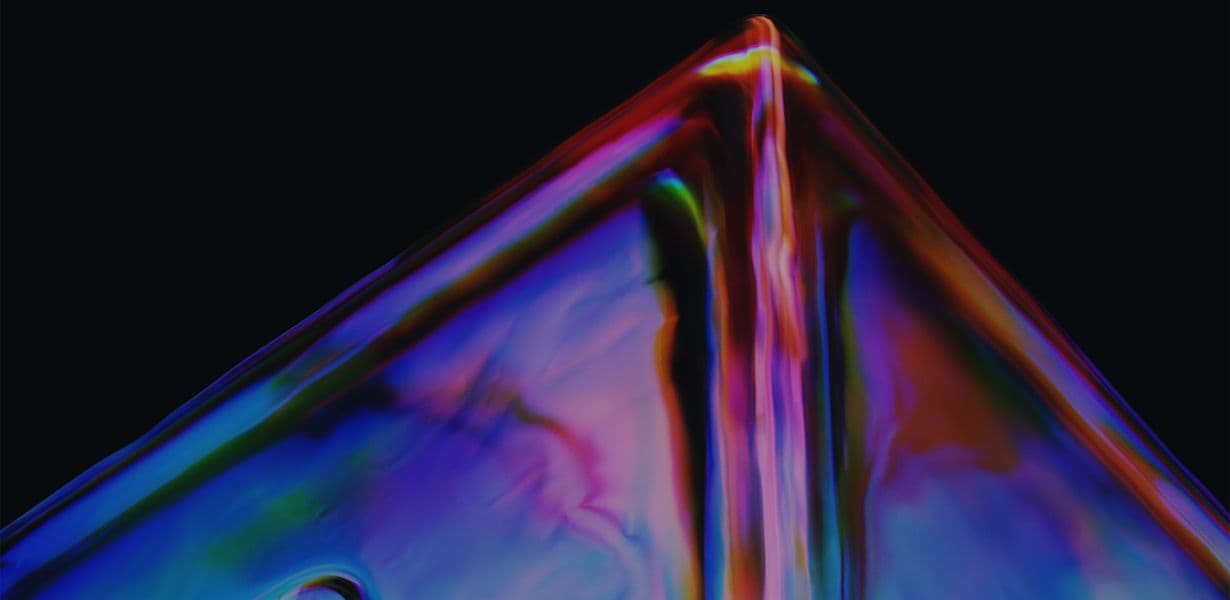
Optimize your sales and marketing workflows and help customers visualize their purchase to increase conversion.